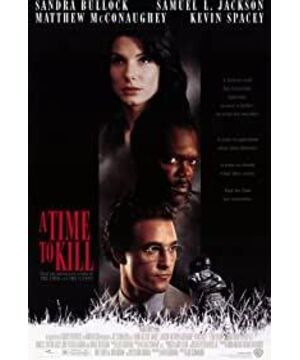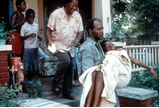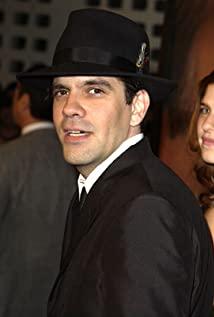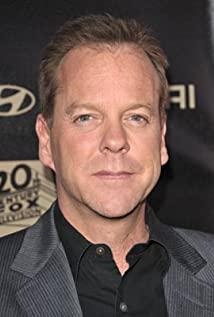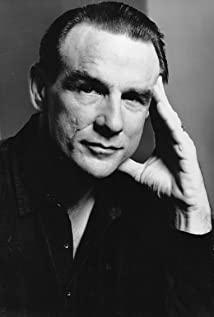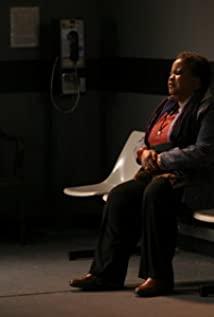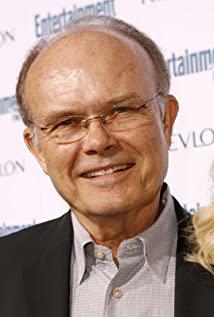"Killing Hour" - a 1996 American legal film based on a true crime in American history. In Mississippi, a black girl was raped and then killed by two local white men in an extremely cruel way. The victim's father used violence to control violence and shot and killed the two perpetrators and was arrested. It needs to be emphasized that at that time, Mississippi was extremely racially discriminated against, so residents throughout the state strongly demanded that the black father be sentenced to death. He received death threats, but he insisted on pleading not guilty.
Ultimately, the case was acquitted, and an important inflection point that drove the jury's verdict was when the lawyer asked them, "Just imagine if the victim girl was white."
Because this case Because of the historical background and social factors, a large part of the film is devoted to depicting the racist background in a special era, the double standards that blacks and whites are subjected to, and the distortion of judicial justice caused by prejudice. That's why the lawyer's questioning at the end of the court is so powerful, but the film cannot avoid the issue of how to deal with the contradiction between maintaining judicial justice and rationality and morality, and the fundamental reason why the lawyer and the jury believe that the black defendant is innocent is that, A country's laws are ultimately designed to protect its people.
Here we can popularize the difference between the judicial system in mainland China and the common law system. In determining whether the defendant is guilty or not, Americans hand over the power to the jury. The so-called jury is composed of American citizens. A group of people making a verdict. Readers who are interested in American juries and want to know more can watch the two films "Twelve Angry Men" and "Runaway Jury".
A friend once asked me, how can such an important decision of a case be handed over to ordinary people casually? Or is their social status also taken into account when selecting a jury? In fact, the composition of the jury in the United States is randomly selected, and pays attention to the consideration of various social classes and educational levels. University professors, housewives, and office white-collar workers discuss and vote in a closed room. This is not only because of the decision The power of life and death of citizens can only be handed over to the citizens themselves, especially because if the public prosecution agency has the power to make judgments, it is actually equivalent to being both an athlete and a referee, and there will be a lot of unjust and wrongful convictions!
Some people will say that if reason is allowed to override the law, what is the majesty of the law? But the so-called "majesty of the law" is an extremely abstract concept. In my opinion, at the end of the film, the jury members put aside their personal racial prejudice and acquit the defendant is the best way to maintain and reflect the majesty of the law, and what about us?
View more about A Time to Kill reviews


